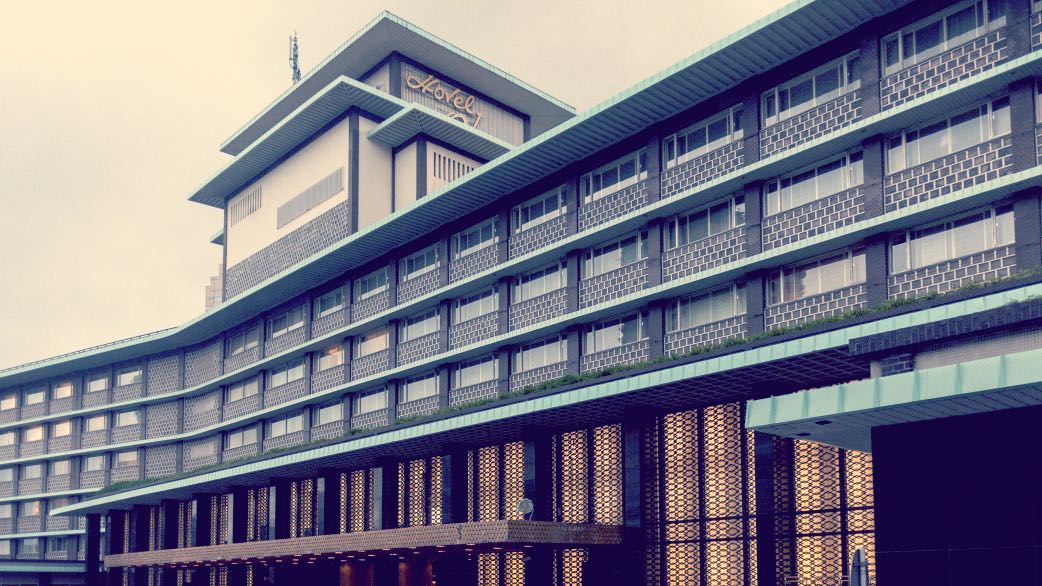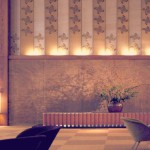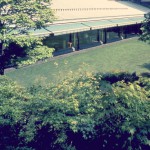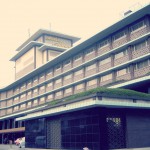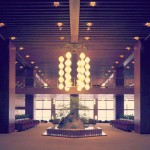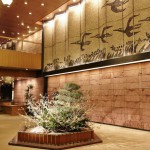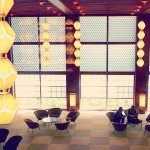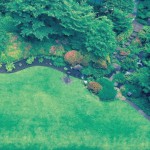The Hotel Okura, a favoured Tokyo lodging for US presidents, movie stars and other celebrities, has closed the doors of its landmark half-century-old main building to make way for a pair of glass towers ahead of the 2020 Olympics, Associated Press reports.
The redo raised an outcry from those who love the Okura?s unique melange of modernism and traditional Japanese aesthetics. But social media campaigns, a petition and other efforts to ?Save the Okura? just underscored the futility of resisting Tokyo?s floodtide of pre-Olympics urban renewal.
Other major landmarks, such as the decades-old fish market in Tsukiji and the National Stadium also are being replaced over the protests of many who are sad to see them go.
Andrew Lindsay, a Deutsche Bank executive who took part in a ?Save the Okura? Facebook campaign, spent hours exploring the hotel during his first visit to Tokyo in the 1990s. During his last visit yesterday, he sat in the lobby, with its round, red and black lacquer tables and chairs arrayed like plum blossoms, soaking it all in one last time.
?It had this hushed elegance about it,? said Lindsay. ?The Mandarin Oriental, Peninsula, Raffles, some of the old hotels have been restored, but there?s nothing quite like the Okura. It?s the blend of Japanese aesthetics with mid-century design you just don?t find elsewhere,? he said.
The new buildings will preserve the traditional design elements and ?tranquility? of the original and preserve, reinstall or replicate its designs and ornamentation to the extent it?s legally and technically feasible, the management says.
?We view the lobby as a great asset, and to the extent that we can we hope to have it in our new building,? said Hattori, the Okura executive.
The new glass structures are being designed by Yoshio Taniguchi, who is best known outside Japan for overseeing the expansion of the Museum of Modern Art in New York.
He also is the son of the architect who designed the Okura?s main building, Yoshiro Taniguchi. The Harvard-trained younger Taniguchi?s style is more minimalist than his father?s, yet still distinctively Japanese.

